Are you considering renting a place but are worried that it might be a waste of money? This is a common concern among potential renters, as they fear that their money is going to disappear without any return.
In this blog post, I’ll explore the pros and cons of renting so that you can make an informed decision for yourself.
I’ll look at both sides of the argument – those who believe renting is a waste of money and those who think otherwise – in order to give you an unbiased assessment.
By the end, you should have all the information necessary to decide if your hard-earned cash will be best spent on rent or something else entirely.
So let’s get started!
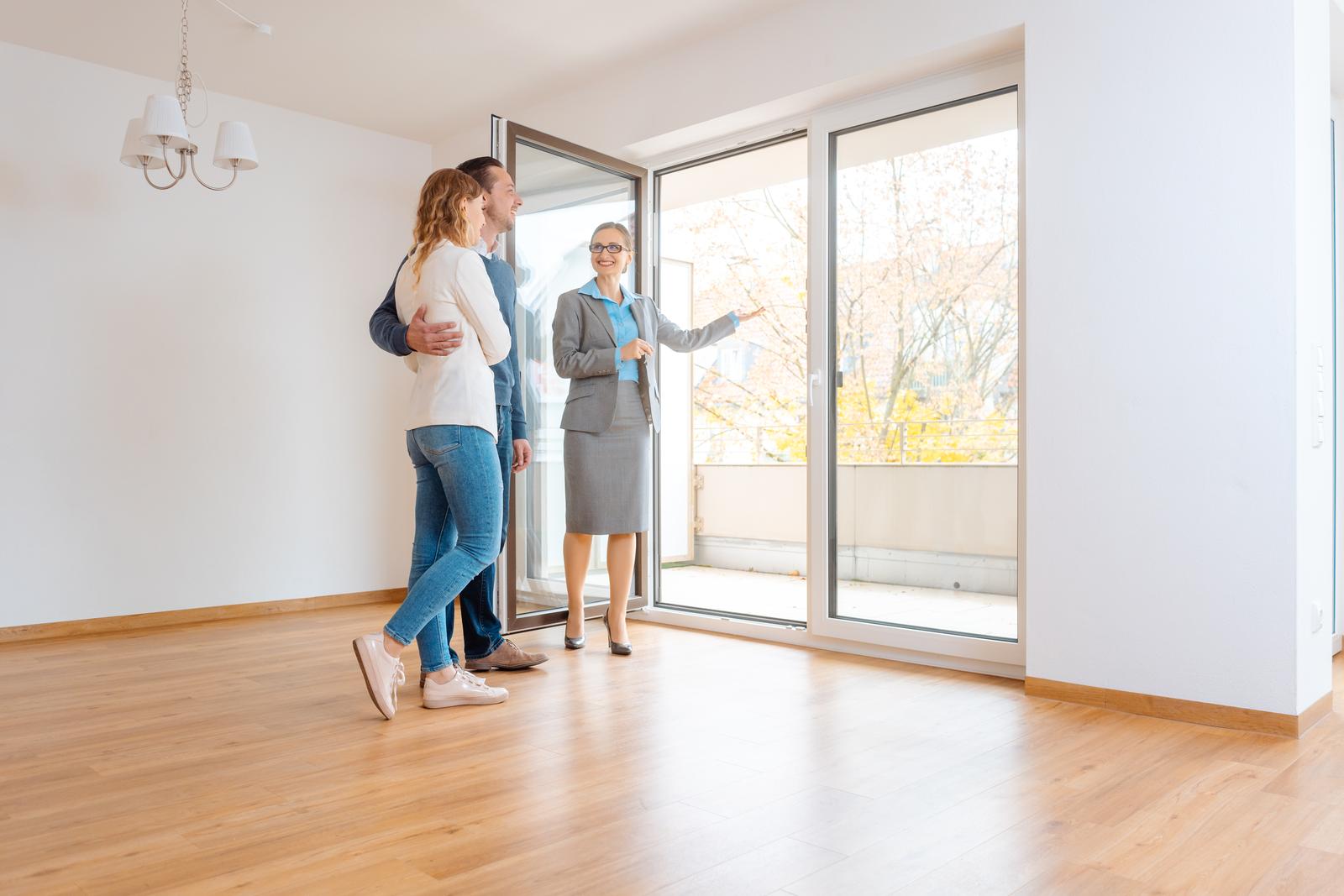
Is renting a waste of money?
Renting is not a waste of money, especially if you need a place to live and you can’t afford to buy a home. Renting is often cheaper than buying. You don’t have upfront costs of a down payment or closing costs associated with purchasing.
This is often best for people who like to relocate and don’t want to pay for upkeep.
However, to decide whether or not renting is a waste of money for you, it’s important to review your lifestyle, your finances, and your future plans. Everyone has a different situation, and what works for one person might not be the right decision for another.
Related: Can I Buy My Parents’ House For What They Owe?
Is buying a house a waste of money?
No, buying a house isn’t necessarily a waste of money. For example, if you plan on staying in the same area for a long period of time and can afford to purchase a home, you might do well to invest in real estate.
Homeownership allows you to build equity over time and reap financial rewards when it comes time to sell.
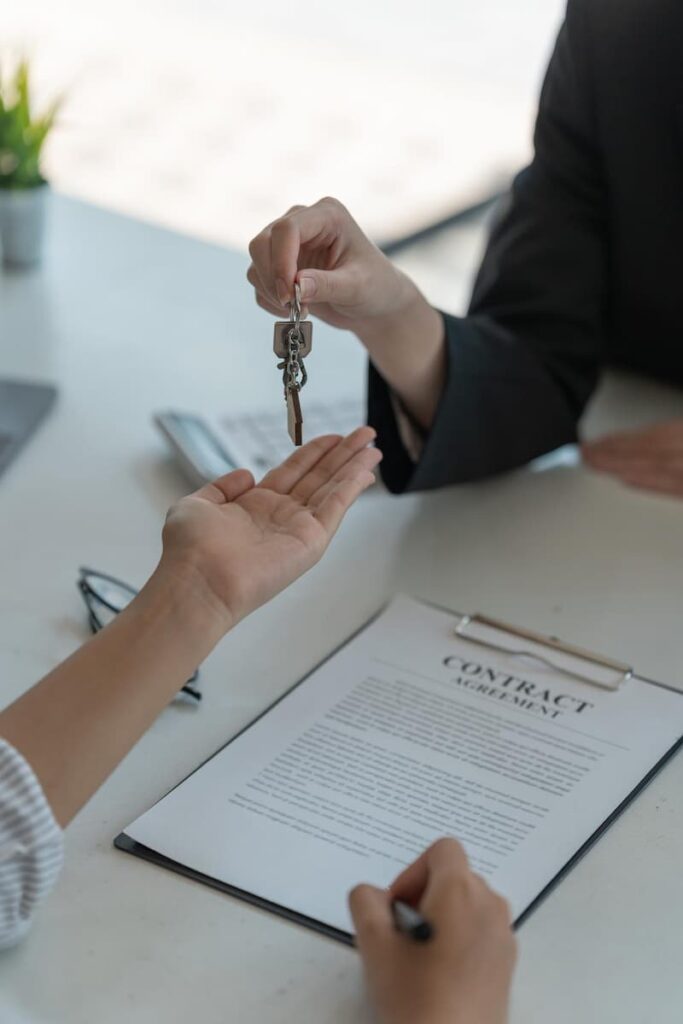
Advantages of renting
Here are some of the pros of renting that may make it the best decision for you:
1. You have more flexibility
When you own a home, your options are limited in terms of how long you can stay or when you can move. With renting, you may be able to find a place with month-to-month leases and no long-term commitment.
Even if you’re renting your home for an entire year, it’s still a shorter commitment than buying a home or buying your parents home . This makes renting ideal for those who want the freedom to move sooner rather than later.
2. You usually don’t need to maintain the property
This isn’t true everywhere, but in general, especially in urban areas, you can sit back and let your property manager take care of any repairs or upkeep.
You don’t need to worry about lawn care, snow removal, or any other maintenance costs as you would with owning a home.
3. Lower up-front costs
When you rent, there’s usually no down payment required and little to no closing costs associated with the process. This makes it financially easier to find a place and move in without having to come up with a large chunk of money upfront.
You can expect to pay a down deposit. However, these are usually lower than the deposit for buying a home, and you’ll likely get it back when you leave.
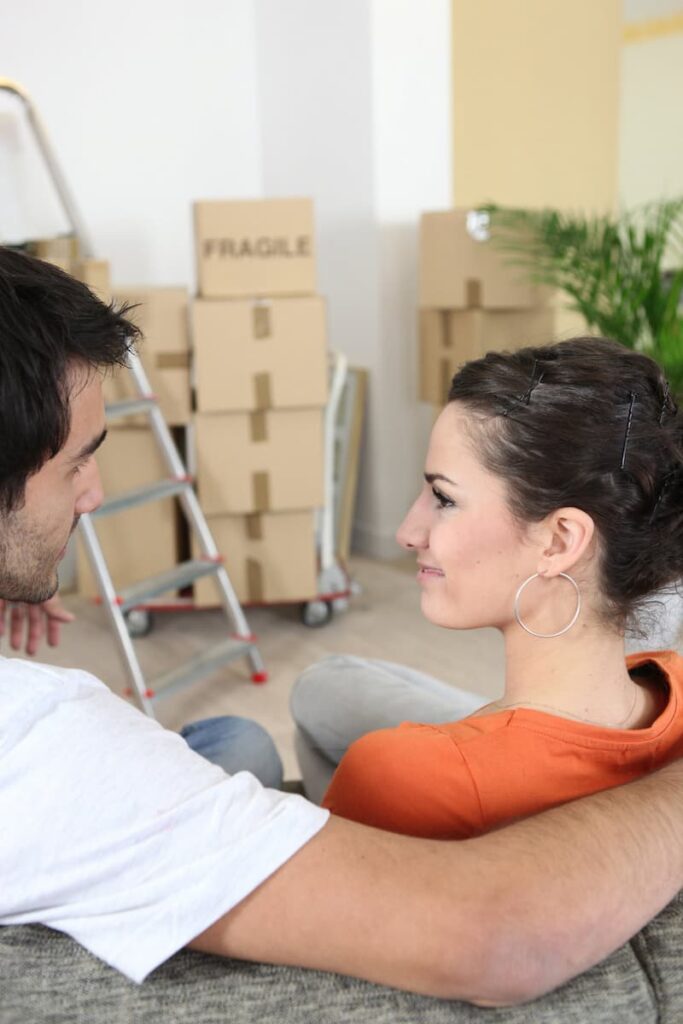
4. You’re not responsible for repairs
If something breaks, you don’t need to worry about shelling out for the cost of repair. This is usually taken care of by your landlord or property manager.
5. You may get certain building perks
Renters often get access to amenities they wouldn’t have in their own homes. This could include a gym, swimming pool, or other luxury features that would cost you if you owned the property yourself.
There may also be areas that you can use recreationally, such as a dog park, grilling stations, or rooms for rental for special events.
6. You don’t have to pay property tax
Property tax can add up quickly when you own a home. But as a renter, this is something you don’t have to worry about paying.
Your landlord will pay the taxes associated with the property and you don’t have to worry about this additional cost.
7. It’s easier to move in case of an emergency
If you need to leave at the last minute for reasons such as a job transfer or a family emergency, it’s much easier to break your lease and move than if you owned the home.
You’ll still need to pay a fee to break your lease, but it’s usually much lower than the cost of selling a home on short notice.

8. You can sublet your place
If you want to avoid the fees of breaking your lease, you can always sublet your place to cover your rental costs. This is an especially good option for those who travel frequently for work or have other commitments outside of the area.
This works by having someone take over your lease and pay the rent while you’re away. This can help cover some of your costs while you’re out of town and make sure that your home is still taken care of in case you have to go away for an extended period of time.
9. You don’t need to pay as close attention to property value
While property value does affect the cost of rent, you won’t have to track the real estate market over time as an owner would.
Furthermore, since you don’t pay property taxes on a rental property, you don’t need to worry about the impact of rising assessment values.
10. Insurance payments will be lower
Renters insurance is much more affordable than home insurance and covers the same liabilities. This can help you have some financial security if there’s an accident in your rental unit or someone gets injured on the property.
It’s also reinforced by your landlord’s liability insurance, so you can rest easy that if something does happen on the property, it won’t come out of your pocket.
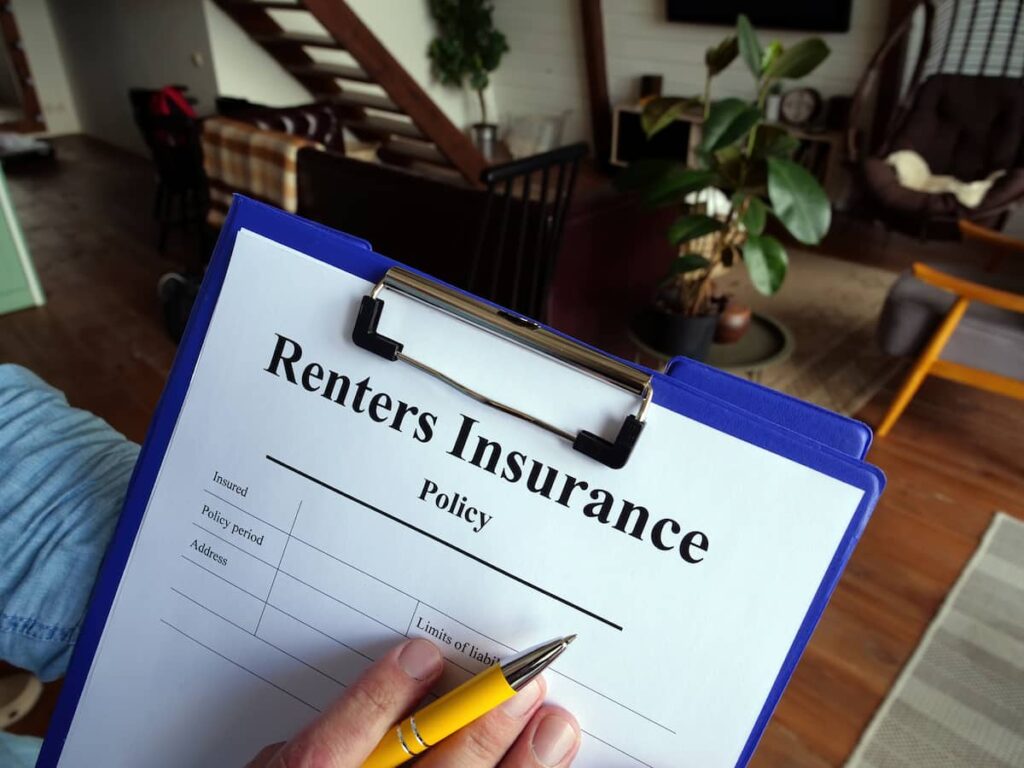
Disadvantages of renting
While renting seems like a simple living solution, there are some cons of renting a well:
1. You can’t make changes to the property
When you rent, you don’t actually own the home or apartment. However, that means that if you want to make any changes, such as painting a wall or changing fixtures, you won’t be able to do so without permission from your landlord.
2. Rent prices may be higher than mortgage payments
Even though you’ll pay a lot more money in the long run for a home, rental payments may cost you more each month than a mortgage payment would.
This is particularly the case if the landlord is renting the unit or home to you at a higher price so that she or he can turn a profit, or if rental properties are in short supply in your area.
Related: 12 Bills When Renting You Should Prepare to Pay
3. You don’t get to keep any equity
As mentioned before, rent payments go toward the landlord’s profits and you won’t be able to build any equity in the property since you don’t actually own it.
It can also be difficult to save up for a down payment on a home if most of your money is going toward rent.
4. You’re at the mercy of your landlord
Your landlord is responsible for making repairs and keeping up with maintenance, but if he or she refuses to do so or puts it off, then you have limited options in terms of recourse.
This could lead to a lot of frustration if there are any issues with your rental that need to be addressed and eventually may end in a complicated or expensive legal arrangement.
5. You can’t take advantage of tax deductions
When you own a home, you’re able to deduct mortgage interest and property taxes from your income; however, this isn’t the case with renting.
This is one of the biggest money advantages homeowners have over renters, and it should be taken into consideration when trying to decide the best option for you.
6. Your rent will probably increase each year
Unlike owning a home, where you can stay in the same place for decades and only pay the principal on your loan and the mortgage will be paid off later on. When you rent, you’ll probably be facing higher rent payments each year.
Landlords are able to increase rent due to local market conditions or just because they want to make more profit from renting out their property.
You may also be interested in: 12 Expenses When Renting You Need to Prepare For
7. It can be hard to have pets when renting
Landlords can be picky about what kind of pets are allowed in their rental properties, and some may even have a “no pet” policy.
If you’re a pet owner and want to keep your pet with you when renting, make sure that the landlord will allow it before signing a lease agreement. Keep in mind that there may be additional fees for having a pet as well.
8. There’s generally less privacy when renting
This depends on the specific property, but generally speaking, renters don’t have the same level of privacy as homeowners.
Since landlords are responsible for maintenance and repairs on the property, they often need access to check on things or make sure everything is functioning correctly.
They may also have more control over who comes and goes in the property, which can lead to an uncomfortable rental situation if you don’t feel like your landlord is respecting your privacy.
9. You may need to move out even if you want to stay
Let’s say it’s the end of the year and you’re happy with your rental home, but then you find out that the landlord is raising the rent or not renewing your lease.
In this case, you may have to move out even if you don’t want to, because the landlord has the final say in who stays and who goes. And worst you need to move out but you can’t afford it.
10. You may not get your down deposit back
Many landlords require a down payment or deposit when you move in, and this money is generally meant to cover any damage that may be caused during your lease.
If there’s any damage done to the property (even if it was accidental or not your fault), the landlord could keep some or all of your security deposit.
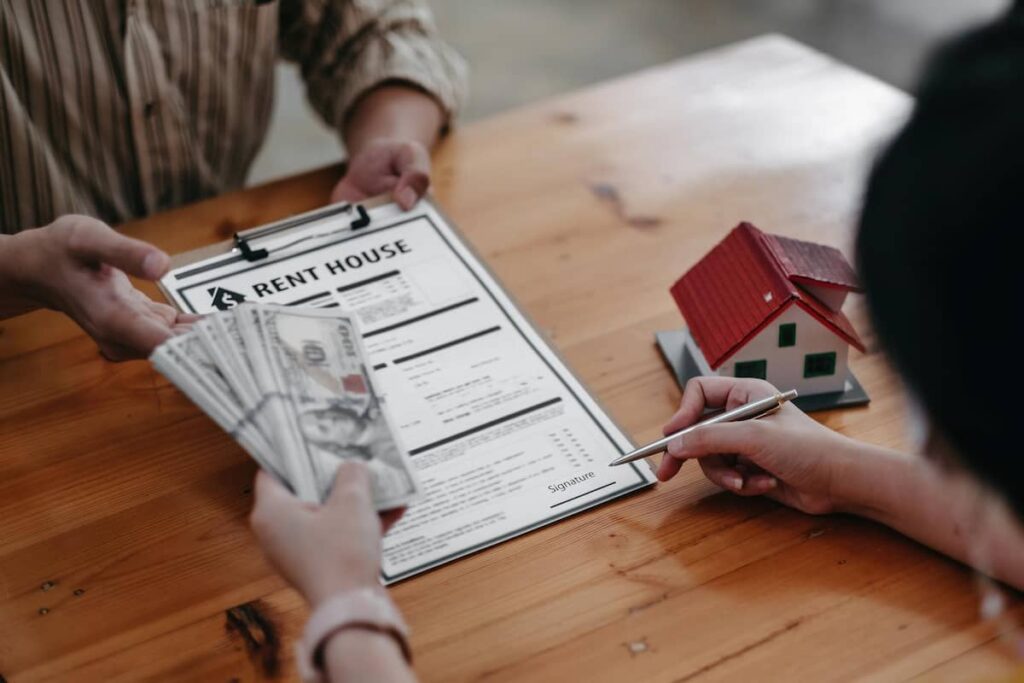
Is renting ever a good idea?
Absolutely. Renting is a good idea when you’re young, in school, tight on funds, moving to different locations regularly, splitting rent with roommates, and other scenarios. It can also be a great option if you’re not sure how long you’ll be in one place, and it allows more flexibility than owning a home.
Renting is a wonderful way to get access to the places we live without having to commit to buying a home right away.
So while there are certainly some drawbacks, renting may also be a good idea in certain situations. Ultimately, it’s up to you to decide which route is best for your lifestyle and budget.
Is renting cheaper than buying?
That depends on the location, market conditions, and other factors. In some cases, renting can be cheaper than buying due to the upfront costs associated with homeownership. However, in other cases, it may be more expensive due to fluctuating rental prices or additional fees such as pet rent or security deposits.
No matter which route you decide to take, it’s important to do your research and understand the pros and cons of each option. That way, you can make an informed decision about what works best for you financially.
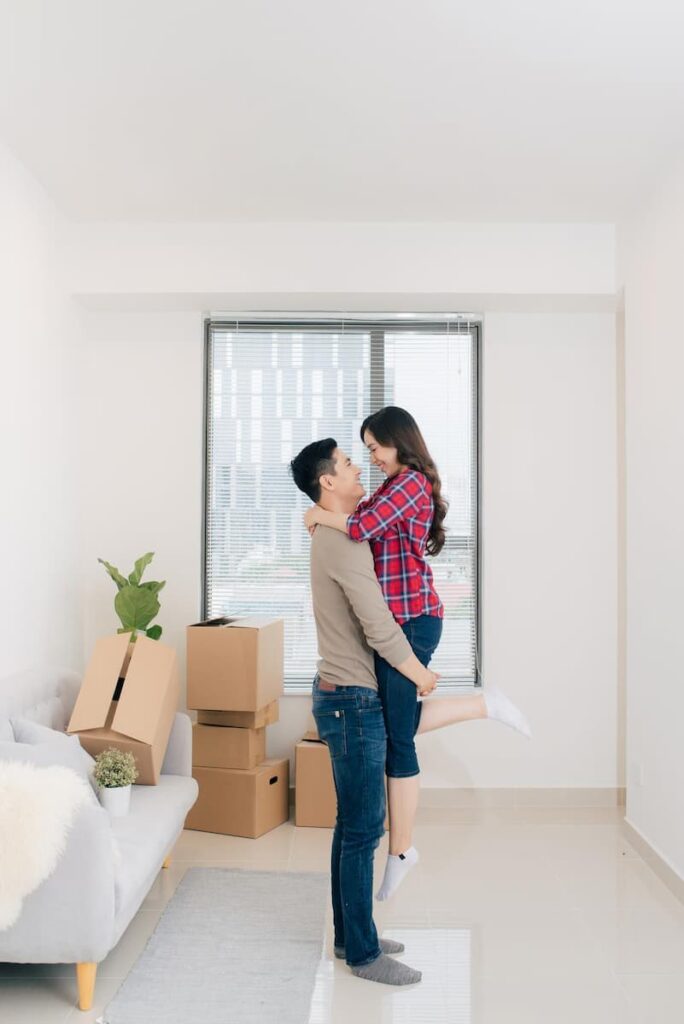
Is it better to rent or own?
It’s better to rent if you’re not sure how long you’ll be living in one place, if you don’t have the funds to purchase a home, or if you don’t want to commit to homeownership.
However, it’s better to own if you’re looking for more stability and security and are ready to take on the responsibility of homeownership.
In the end, it all comes down to your budget and lifestyle. Renting is a waste of money to some people, while others swear renting isn’t a waste of money and see it as an investment in their future. It all depends on the individual and what they prioritize.
No matter which route you take, it’s important to understand your rights and responsibilities as a renter or homeowner so that you can make the best decision for yourself and your family.
Are homeowners happier than renters?
It’s hard to say definitively one way or another, and studies have shown that both groups of people are equally satisfied with their living situations. In some cases, while buying a home increased people’s sense of security, it also increased their sense of stress and other responsibilities that come with homeownership.
According to a 2011 study analyzing 600 women in Ohio, homeowners don’t experience any more joy than those who rent.
Interestingly enough, the research paper’s authors noted that homeowners even “experienced significantly more pain from their house and home.” The cause? The homeowners had less time for leisure pursuits.
An extensive study of over 3,000 German adults spanning 16 years found that people initially felt more content during the initial five-year period when they had newly acquired a home. Interestingly, however, their overall life satisfaction remained unchanged.
It can be a trade-off to rent versus owning a home. Buying a house provides some sense of security and ownership, but it can also be restrictive in terms of finances and lifestyle.





